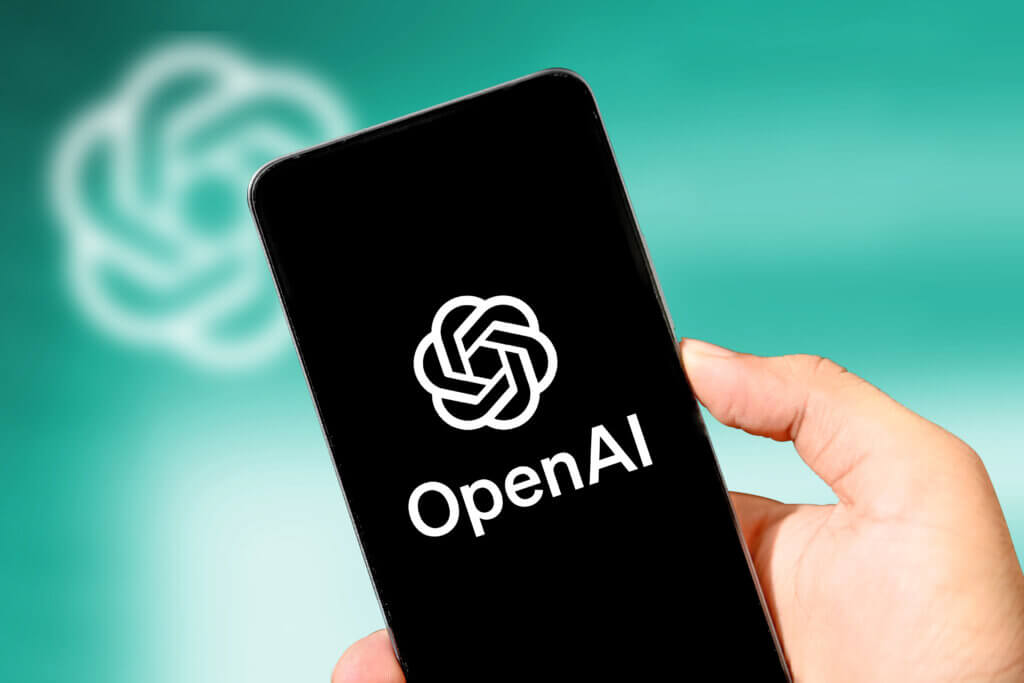AI-powered search engines and digital assistants process content differently from traditional search engines like Google and Bing. If your site isn’t technically optimized for AI, it may not be crawled, indexed, or surfaced in AI-driven search results.
Unlike standard search engines, AI models depend on structured data, clear metadata, and optimized crawling permissions to retrieve and interpret information. If your website blocks AI crawlers, lacks proper markup, or has slow load times, AI search engines and chatbots may ignore your content altogether.
Table of Contents
To stay competitive in AI-driven search, here are the key technical optimizations to implement:
1. Configure Robots.txt for AI Crawlers
AI search engines use different crawlers than traditional search bots. Blocking them in your robots.txt file can prevent your content from appearing in AI-driven results.
Here’s a recommended configuration:
# Allow AI search and agent access
User-agent: OAI-SearchBot
User-agent: ChatGPT-User
User-agent: PerplexityBot
User-agent: FirecrawlAgent
User-agent: AndiBot
User-agent: ExaBot
User-agent: PhindBot
User-agent: YouBot
Allow: /
# Disallow AI training data collection
User-agent: GPTBot
User-agent: CCBot
User-agent: Google-Extended
Disallow: /
# Allow traditional search indexing
User-agent: Googlebot
User-agent: Bingbot
Allow: /
# Block access to admin areas
User-agent: *
Disallow: /admin/
Disallow: /internal/
Sitemap: https://www.example.com/sitemap.xml
This setup ensures AI-powered search engines can access your content while restricting models from using it for training purposes.
2. Avoid Overly Aggressive Bot Protection
Security tools often block AI crawlers by default, limiting visibility in AI search results. If AI-powered engines can’t access your content, they won’t rank or recommend it.
Best practices:
- Whitelist major AI search bots in your firewall settings
- Allow verified AI crawlers while blocking malicious ones
- Monitor bot traffic and adjust settings as needed
3. Implement Clear Metadata and Structured Data
AI search engines rely on structured data to interpret content accurately. Without it, AI models may misclassify or ignore key information.
Optimizations to improve AI readability:
- Add essential metadata (
title,description, andkeywords) - Use OpenGraph tags for AI-powered previews
- Implement Schema.org structured data for better content indexing
Example metadata:
<meta name="description" content="Learn how to optimize your website for AI-driven search engines and chatbots with technical SEO best practices." />
<meta property="og:title" content="How to Optimize for AI Search" />
<meta property="og:description" content="AI search engines are changing SEO. Learn how to make your site AI-friendly." />
<script type="application/ld+json">
{
"@context": "https://schema.org",
"@type": "Article",
"headline": "How to Optimize for AI Search",
"author": { "@type": "Person", "name": "Avenue Z" },
"publisher": { "@type": "Organization", "name": "Avenue Z" },
"datePublished": "2025-02-05"
}
</script>
These elements help AI engines understand, categorize, and display your content more effectively.
4. Create an llms.text File
An llms.txt file acts as a guideline for AI models, specifying which content they can access and use.
Example llms.txt configuration:
# Allow AI models to access public content
Allow: /blog/
Allow: /resources/
# Restrict access to private content
Disallow: /members-only/
Disallow: /premium-reports/
# Contact information for AI providers
Contact: admin@example.com
This helps control how AI models interact with your content while protecting sensitive data.
Final Thoughts
AI-driven search is reshaping content discovery. If your site isn’t optimized for AI, you risk losing visibility.
Key Takeaways:
✅ Update robots.txt to allow AI crawlers while blocking training data collection
✅ Avoid excessive bot restrictions that could prevent AI-powered search access
✅ Use structured data and metadata to help AI engines interpret your content correctly
✅ Implement an llms.txt file to manage AI model interactions
As AI-powered discovery evolves, brands that optimize now will be at the forefront of the next generation of search. Making these updates ensures your content remains visible, relevant, and accessible in an AI-driven world.
Need help optimizing your site for AI search? Talk to our experts at Avenue Z to ensure your content gets discovered.







